Whether you’re thinking about getting guinea pigs as pets, are a new guinea pig owner, or an experienced guinea pig owner, one of the most important parts of guinea pig care, if not the most important, is ensuring that they have a clean, safe living environment.
Don’t underestimate the importance of this! Unsanitary living conditions can lead to your guinea pigs catching infections and contracting other illnesses that they wouldn’t have if their cage was properly chosen and maintained. Guinea pigs are susceptible to these infections and illnesses, and it’s important that we create an environment that prevents these conditions from occurring!
The most important element of that living environment is the guinea pig cage. What cage is best for a guinea pig? There are so many different kinds of cages that you could use for your piggies, but some are better than others, and some should be outright avoided.
Oftentimes, some cages that exist on the market are advertised as being good for all rodents, but aren't good for guinea pigs in the slightest. This is because guinea pigs have different living space requirements than their fellow rodents, and therefore will need different cages to accommodate those.
In this blog, we will discuss the different types of cages that exist for guinea pigs and the pros and cons of each. It’s important to know all the facts in order to make a good, informed decision on what’s best for your guinea pigs.
What are the basic requirements of a guinea pig cage?

No matter what form your cage takes and no matter which kind you end up choosing for your guinea pig, there are some basic requirements that need to be met in order to make them suitable for use.
How big of a cage do guinea pigs need? The size of the cage that you need depends on the number of guinea pigs that you have. The best rule of thumb regardless of the number of guinea pigs that you have, is that the more space you have for them, the better. There is no such thing as too much space.
The Humane Society has a list of the amount of space that is recommended for guinea pigs, and it’s best to treat these suggestions as minimums. It’s also important to remember that the space recommendations should be the total amount of space all the way across—this means if your cage has multiple levels, the ground floor level should be the recommended amount at minimum. The other levels could be smaller, but it’s important that they have that much uninterrupted space as their main floor.
We won’t bother including the amount of space that is recommended for one guinea pig because it’s important for guinea pigs to live in groups, and at the very least in pairs. Guinea pigs should never live alone!
Guinea pigs are herd animals that can get depressed and lonely on their own, so it’s important that they have companions to keep them stimulated and active. Having enough space for the number of guinea pigs that are going to be living in the cage is important because it ensures that the guinea pigs don’t become too territorial over the space that they have.
With less space for them to separate themselves from time to time, it can lead to fighting and what essentially comes down to a turf war over their cage.
Two guinea pigs need a minimum of 10.5 square feet of space, three guinea pigs need a minimum of 13 square feet of space, and four guinea pigs need a minimum of 16 square feet of space. For every additional guinea pig after that, we’d recommend you add on 3 square feet or more.
Guinea pigs are the largest rodent that is kept as a pet and as such, their cages need to be proportionate to that size, plus the number of them. They shouldn’t only be kept in the cage however, because it’s important that they get enough exercise.
Giving them floortime in the safe parts of your home is vital to their health as well. When doing this, make sure that you’re guinea pig-proofing your home to make sure that there isn’t anything dangerous or harmful to your piggies while they’re running around with their
Another basic requirement of cages for guinea pigs is ease of cleaning. You want to make sure that the cage that you’re utilizing for your guinea pigs will be something that you’re able to easily clean, and can clean well. This means that you should be able to wipe down all of the surfaces to clean it, and none of the surfaces of the cage shouldn’t be absorbing any liquids as this could lead to bacterial growth.
This is important because guinea pigs are susceptible to infections, and bacterial growth is definitely a factor in that, which is why it’s important that the cage is able to be cleaned quickly and thoroughly.
Make sure the cage doesn’t have a wire floor, as guinea pigs have very sensitive, delicate feet. We want to ensure that their feet can be treated as gently as possible to prevent infections, such as bumblefoot, from occurring. The first step to doing this is ensuring that the conditions to contract the infection don’t exist to begin with.
When selecting the kind of cage you want to use, make sure that you’re also keeping in mind the age and size of your guinea pigs. Every factor is relevant, and in the end, you should always choose what is best for your guinea pigs and their situation.
What kinds of cages are there for guinea pigs?
The Guinea Pig Hutch
What is a hutch? Traditionally, hutch-type cages were used to house rabbits, and some piggy parents use these for housing guinea pigs. This is especially the case when the guinea pigs are housed outdoors. We have a blog post on the pros and cons of keeping guinea pigs indoors or outdoors, and it’s important that you consider these factors as well when deciding on your guinea pig cages.
Just like with anything, there are pros and cons to using a hutch for guinea pigs. With many hutches, especially the ones made of wood, there can be the issue of proper ventilation. Regardless of what kind of cage you choose for your guinea pigs, ventilation is always something you need to consider carefully. Proper ventilation is vital because without it, your guinea pigs run the risk of developing respiratory issues that can inevitably lead to respiratory infections.
As mentioned before, guinea pigs are generally susceptible to infections anyways, and it’s important that we prevent them as much as we can—infections can easily turn fatal if not treated quickly enough. We want to make sure that it doesn’t have to come to that.
Along with hutches often not having enough ventilation, they can be difficult to clean, especially if the wood isn’t properly treated so it doesn’t absorb fluids. This can lead to bacterial growth if the cage is not cleaned properly and thoroughly enough.
If you look at many hutches that are available on the market, you may notice that the multi-storied ones have ramps for the animals to go from one level to another. However, you may also notice that these ramps don’t have any sides to protect guinea pigs from falling over and off the ramp. This can be dangerous for your guinea pigs, and could possibly lead to injuries since their bodies are so little and delicate! While this doesn’t always happen, it’s better to be safe than sorry.
On the other hand, hutches can be great because they’re usually kept outside and can get access to fresh air and sunlight! A little bit of exposure to nature doesn’t hurt! However, it’s important to keep in mind that there are creatures that live outdoors that are harmful to your guinea pigs, whether these are big or small creatures.
This is especially true when it comes to the insects and other crawling critters—guinea pigs can get fungal infections from things like mites and fleas, so with keeping them outside in hutches, comes the risk of your guinea pigs suffering because of these pests.
Small Animal Cages
You might have read that heading and scratched your head a bit, so let us explain. There are so many cages that are advertised as “small animal habitats” that list guinea pigs as one of the animals that can use them.
However, taking one look at them can tell us very easily that it’s not even enough space for one guinea pig, let alone more. These kinds of cages are clearly meant for smaller animals like mice and hamsters, and the fact that they’re marketed as being good for guinea pigs is not only dangerous for the guinea pigs, but it’s irresponsible of the retailers and the manufacturers.
These are the kinds of cages that unassuming new guinea pigs owners will buy, not knowing that it’s not good because they’re trusting that the retailers and manufacturers know better.
Guinea pigs need tons of space to be able to thrive and live happily and healthily, and “small animal habitats” do not accommodate that whatsoever. Even the rabbits that these cages are advertised for shouldn’t be using them! The more space, the better, and that goes for all of our small furry friends.
There is essentially only one good thing about these small animal habitats, and it’s that most of the cage is open air, aside from the fact that it’s enclosed by bars and a solid plastic bottom. This allows for proper ventilation and not much else.
Please don’t use these kinds of cages for your guinea pigs unless they’re the proper size according to the measurements we provided towards the beginning of this article. It’s vital that your guinea pigs have enough room to properly exercise and interact civilly with their piggy companions.
Without enough room for the guinea pigs to spend time in their own corners or areas of the cage, it can lead to high tensions and fighting between your guinea pigs! This is obviously unideal because the piggies can seriously hurt and injure each other, whether it’s by biting one another or otherwise.
With the biting can come skin injuries that can get infected and other secondary side effects that can bring serious harm and danger to your guinea pigs. It’s so vital that your guinea pigs have enough space for them to properly get along.
While guinea pigs are herd animals and are happier when they have friends, they can still be a little territorial and need enough room for them to have some alone time.
C&C Guinea Pig Cages

The best guinea pig cage choice is a well-made C&C cage. What is a C&C cage? It stands for “cubes and coroplast” cage. The “cubes” refer to the grid pieces that create the cage structure, while the “coroplast” refers to the plastic bottom that makes up the base of the cage, as well as the shorter walls. The grid pieces are fashioned together with connectors, with the coroplast cage base on the inside.
However, not all C&C cages are made the same, and it’s important that you choose one that is suitable for your guinea pigs’ needs and behaviors. Some C&C cages will be made with flimsy, unstable grids that will easily move and get jostled out of place, which is not only unsafe for your guinea pigs, but downright dangers.
It’s important to get your guinea pigs a cage that is sturdy and well made in order to ensure their safety and comfort. A dangerous cage that isn’t stable and doesn’t make them feel safe will contribute to the large amount of stress and fear that they already have. The point of a home is to make them feel at ease! Their cage should accommodate this.
The Offbeat Piggy Condo Guinea Pig C&C Cage checks off all the boxes when it comes to guinea pig safety, comfort, and health.
Just as we do with all of our products, we spend all our time doing the careful research that it takes to create the safest cage possible for your guinea pig. Because our mission is not only to make safe products for your guinea pigs, but our own as well.
We’ve taken care to pay attention to every single little detail about our cage, from the idea conception to its assembly in your home. We wanted to make sure that the C&C guinea pig cage was not only safe, but easy for piggy parents to put together.
Our cage is powder coated, which is a measure that we took in order to make sure that your cage lasts for years to come—we want to make sure that our cage is the only cage you’ll ever need. By making our cage grids as durable as possible, we make sure that your piggies don’t come into contact with unsafe materials like they would with other cages that are less durable.
Our customers have told us about issues that they’ve had with their previous C&C cages rusting and leaving the rust residue on the coroplast part of the cage. Other cages have the grids inside of the coroplast, whereas ours goes outside, and the powder coating keeps it from rusting.
Some other C&C cages that are multi-level will sometimes not have any C&C grids on parts of the upper level, which means that there is nothing to fully protect your guinea pigs from falling over and off and hurting themselves. It’s important that a thoughtful and well-made cage takes into account all the possibilities when it comes to what could happen while a guinea pig is in their cage. All scenarios need to be accounted for!
The cage is also non-slip and shock absorbent. What does this mean? Your cage is going to be in your home, and there’s bound to be some mishaps! We’re human, and sometimes silly humans stub their toes, bump their hips into things, or swing a bag a little too aggressively when they’re not paying attention to where they’re walking.

With this in mind, we wanted to make sure that the cage was unaffected by any accidental jostlings, kicks, bumps, and other disruptions to your guinea pigs’ peace! The cage will stay in place and won’t slide around, which is vital because any sudden movements and bumps can scare our guinea pigs!
Fear is a big source of stress for guinea pigs, and we want to do everything we can to reduce that. Did you know that stress has a huge impact on the immune system? We want to make sure that we can get rid of as many sources of man-made stress as possible.
With the immune system being compromised due to stress, this puts your guinea pigs at risk of catching an infection that their body might be unequipped to fight off. By reducing sources of stress for your guinea pig, you can reduce the risks of any kinds of infections greatly.
Another thing that was important to us was the ease of assembly. We know, no one likes to read manuals, and we especially know how confusing reading manuals with no words can be. (Not naming names!) Everything that you need for assembly is included in the C&C cage package.
That means that you won’t need any power tools and you won’t need to crack open a regular tool kit either. Just the small hammer and your own hands will be enough! You’ll spend less time trying to put this thing together and more time bonding with your guinea pigs.
The best guinea pig cage ensures that your guinea pig will always be happy and healthy.
When it comes to your guinea pigs and their health and safety, it’s important to think more about the quality and the benefits rather than the cost! Think of it as a long term investment into your guinea pigs’ well-being and their lifespan. On average, guinea pigs can live anywhere from 4 to 8 years, but in some cases where the guinea pigs are as healthy and happy as they can be, they’ve even lived up to 10 years!
When you’re choosing a cage for your guinea pigs, it’s important to think of all aspects of their safety and the ways that you’re able to make an impact just from their living environment alone.
Picking the best cage for your guinea pig is just the tip of the iceberg. There are other elements to also consider when setting up your cage for your guinea pigs. There’s a matter of picking out the perfect guinea pig bedding, outfitting with the safest toys for your guinea pigs, and placing their food in a way that is easy and accessible for them to enjoy.
Bedding for guinea pig cages is something we take just as seriously when we create them. As mentioned before, our goal is not only to keep your guinea pigs happy and healthy, but our own as well. Our GuineaDad Fleece Liners are made with extra care and attention to detail because we know how important the effectiveness of bedding is in your cages.
The best bedding will not only do the bare minimum of being soft and absorbing your guinea pigs’ urine, but will inhibit bacteria from growing and making your guinea pigs sick.
It’s also important that you’re choosing the safest toys for your guinea pig and keeping their behavior in mind when choosing what is best for them. The best guinea pig toys will be the ones that encourage and accommodate guinea pig behavior, while enabling them to be themselves without being harmful!
Give them the absolute safest and most comfortable home that you can, and your piggy will thank you!
Here's a video of the The Ultimate Guide to Choosing the Perfect Cage for Your Piggies:










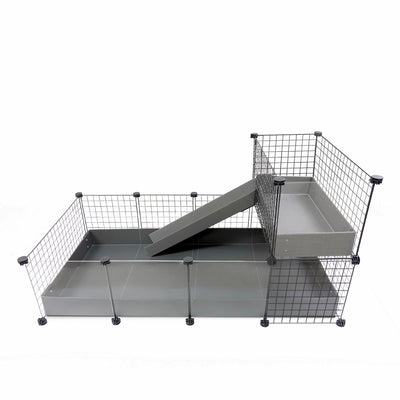
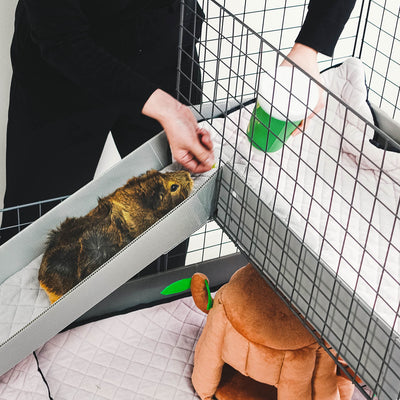
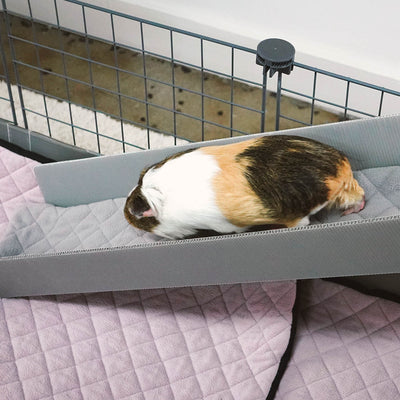
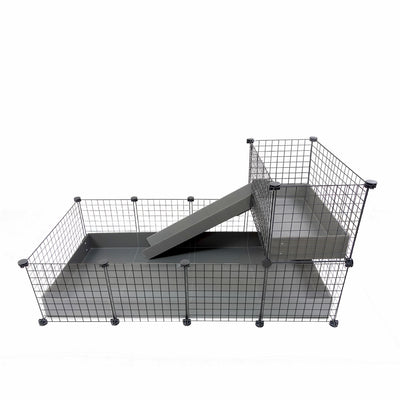
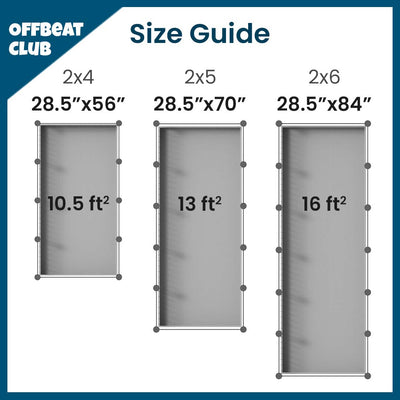
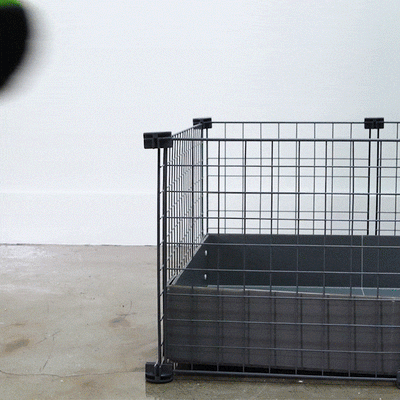
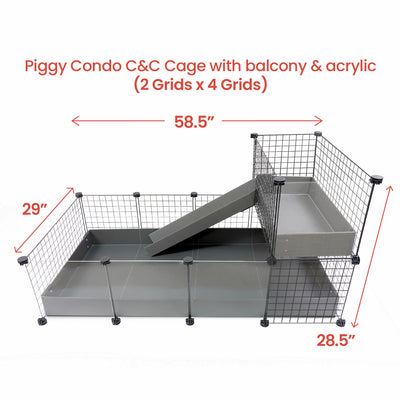
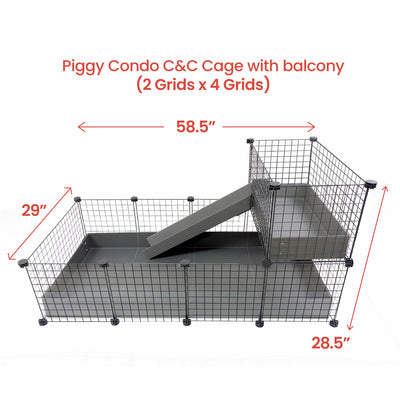
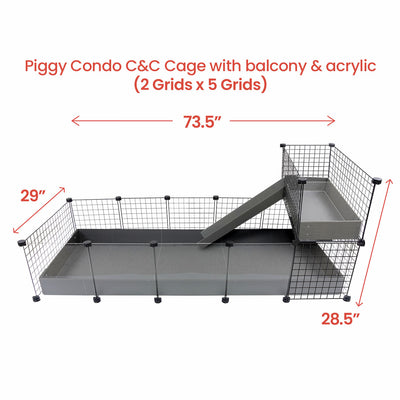
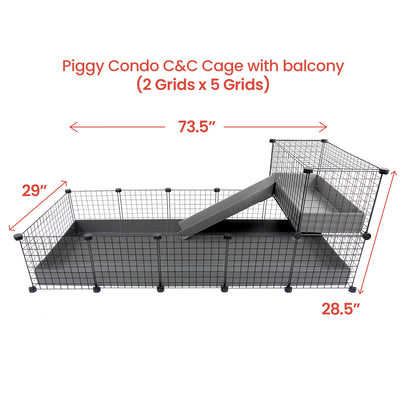
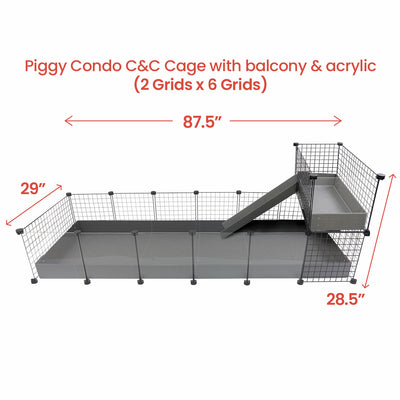
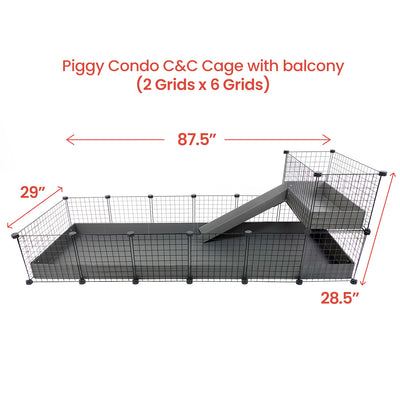
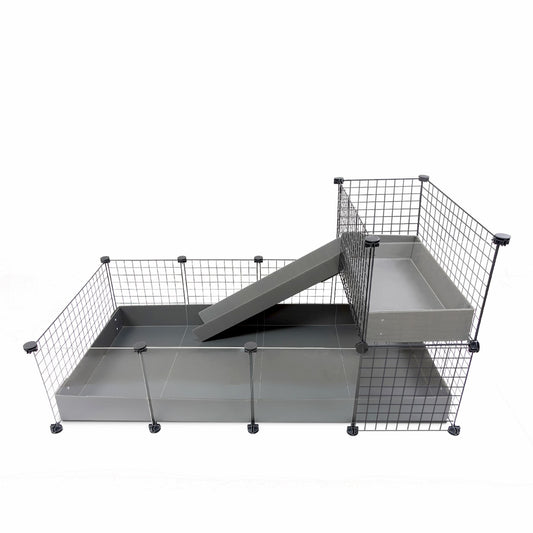
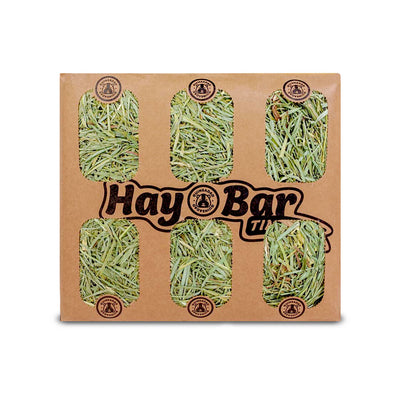
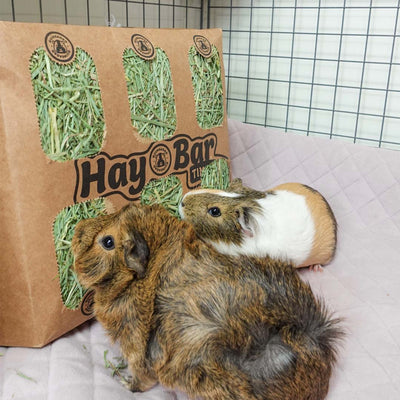
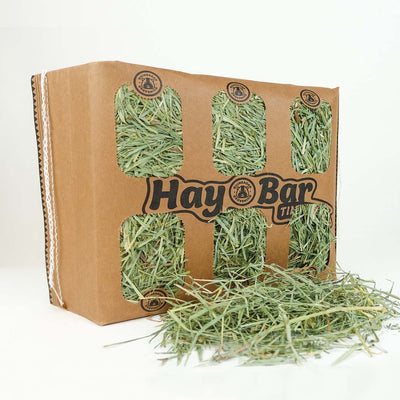
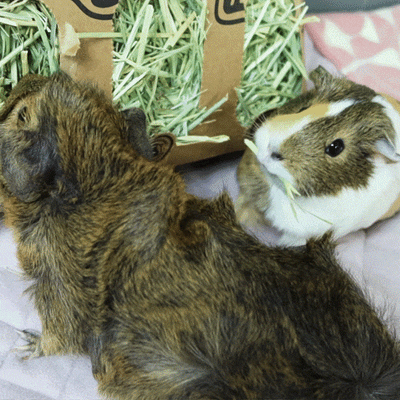
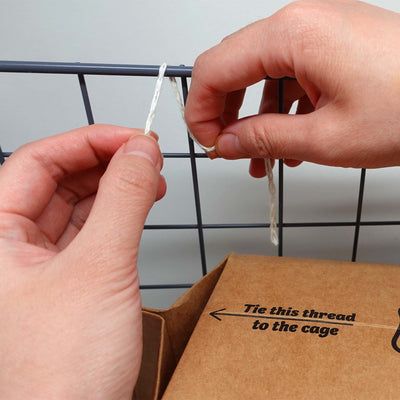
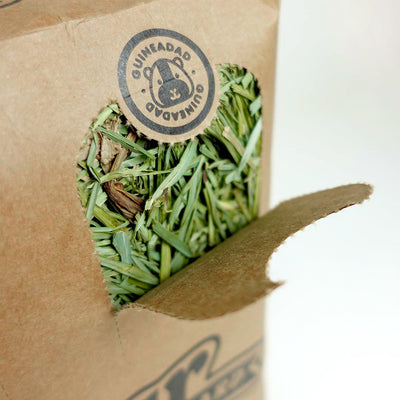
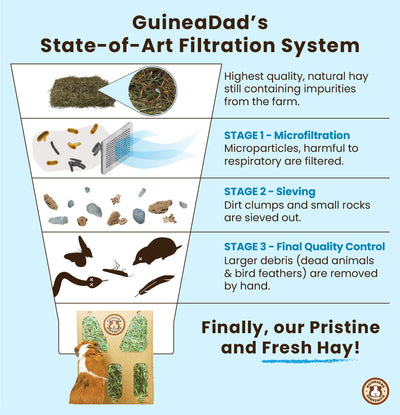
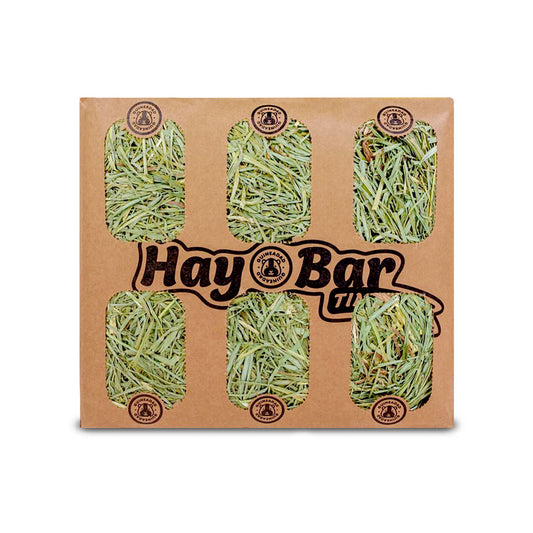

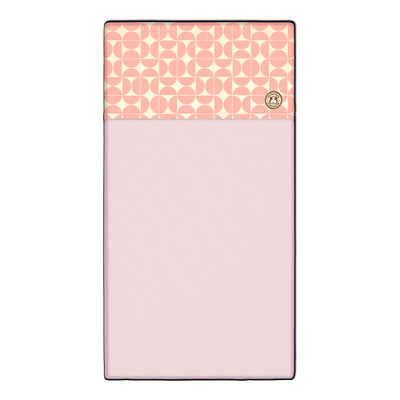

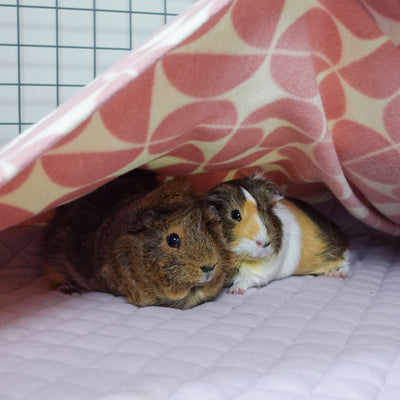
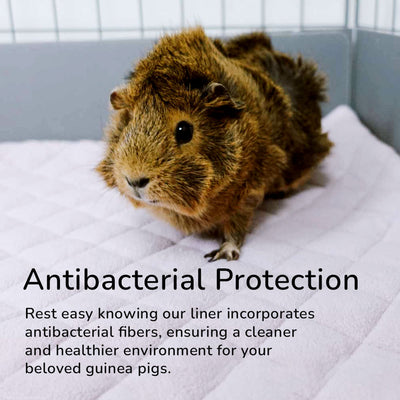
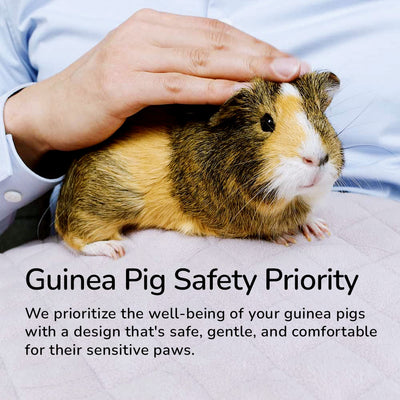
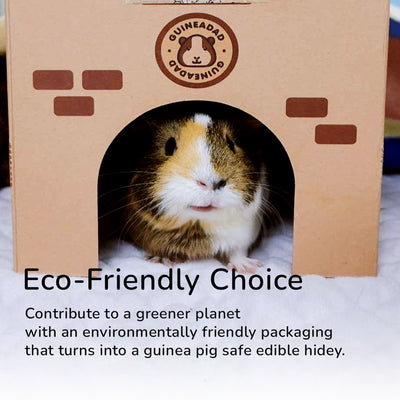
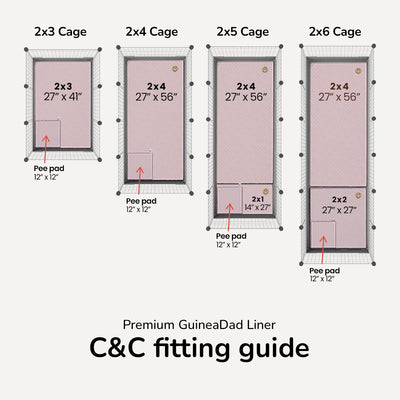
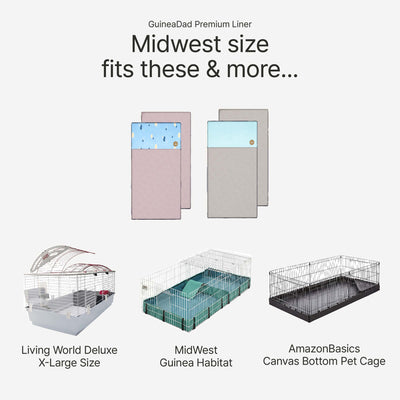




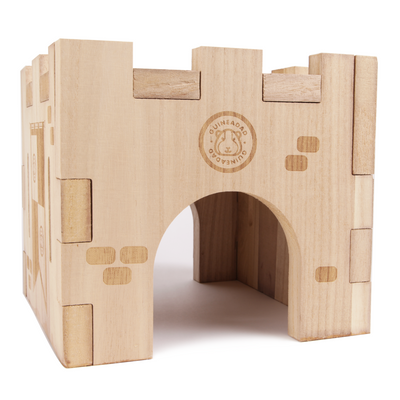
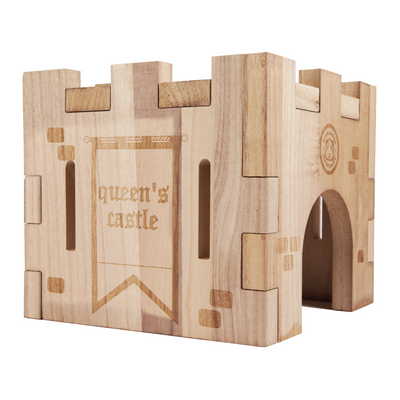
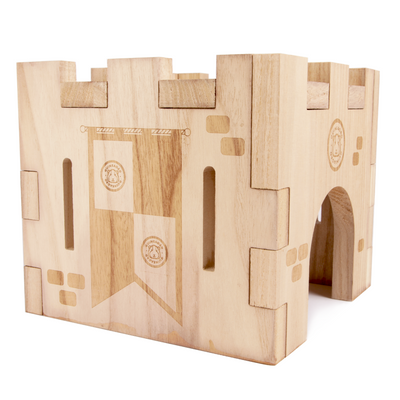
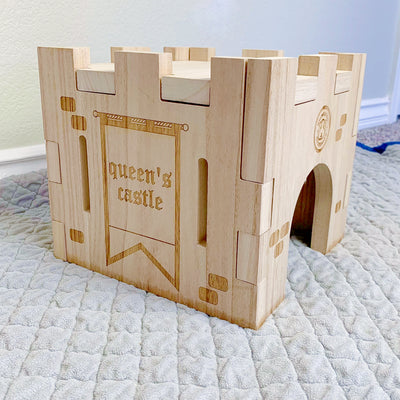
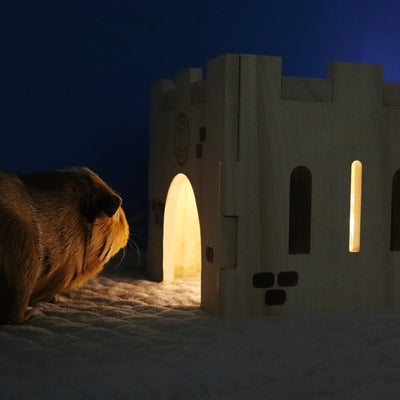
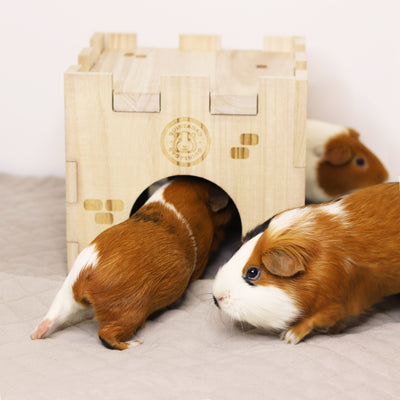
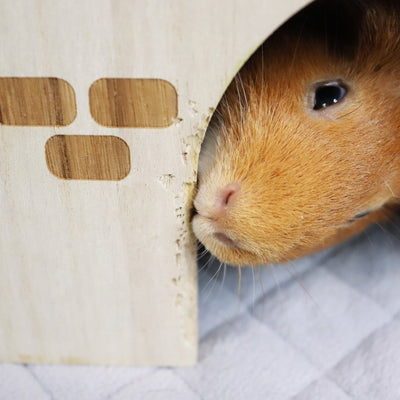
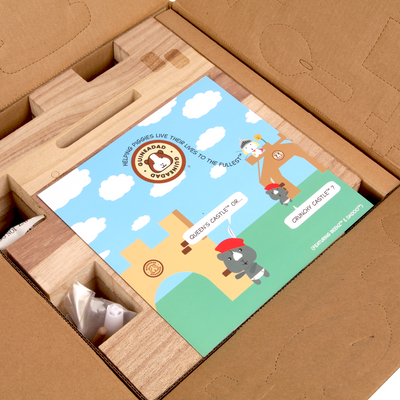
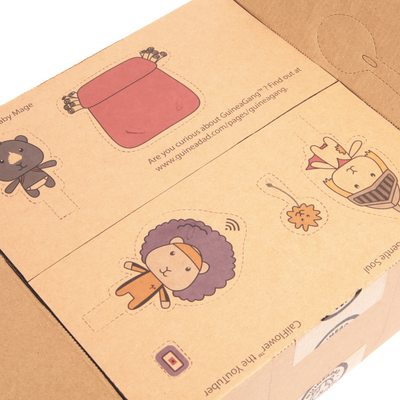
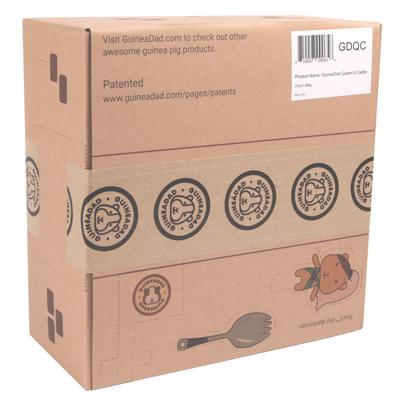
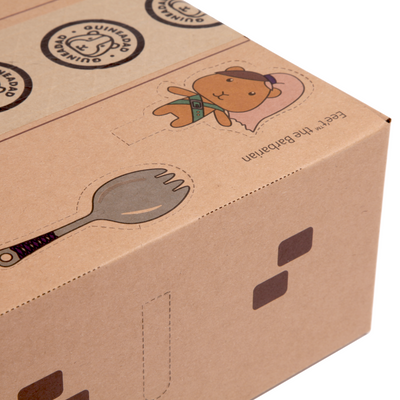
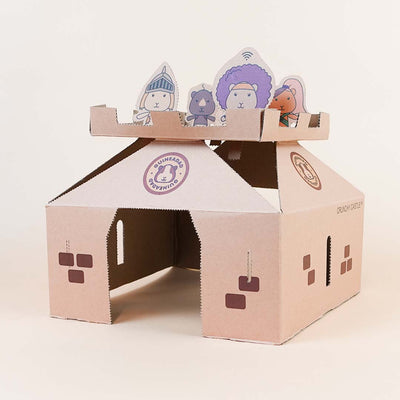
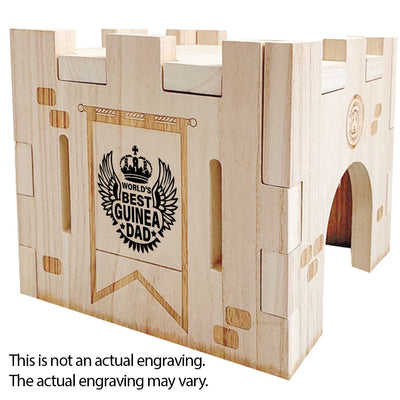
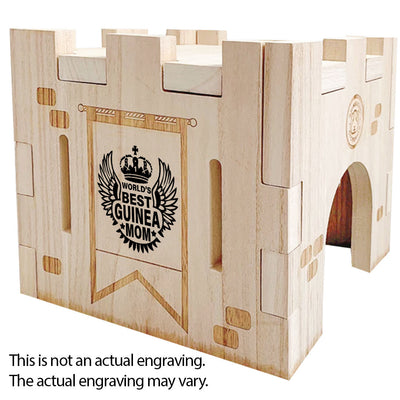
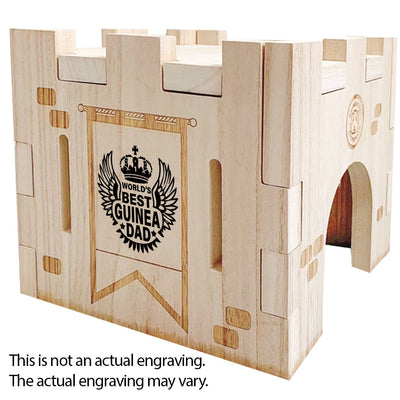
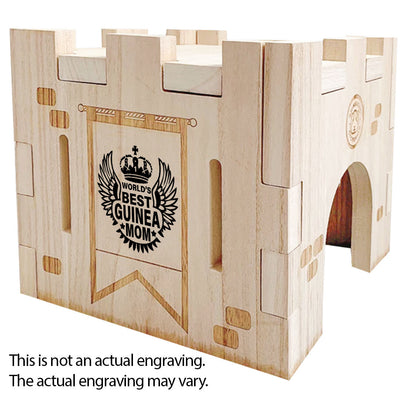
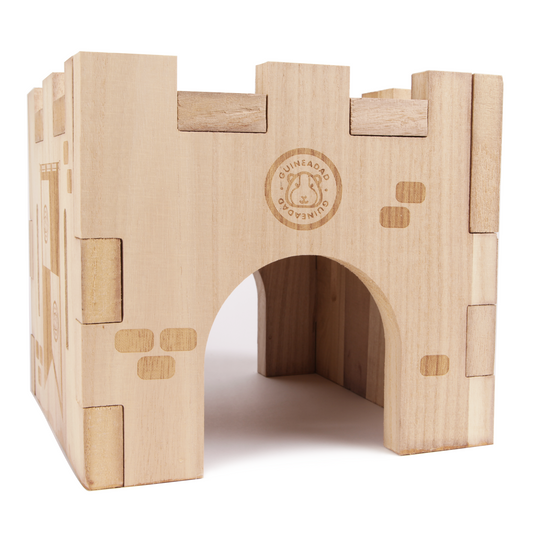
2 comments
I really like the C&C habitats but I have a curious dog and need something with a lid / top. Any recommendations?
Can you tell me how does the liners get cleaned?